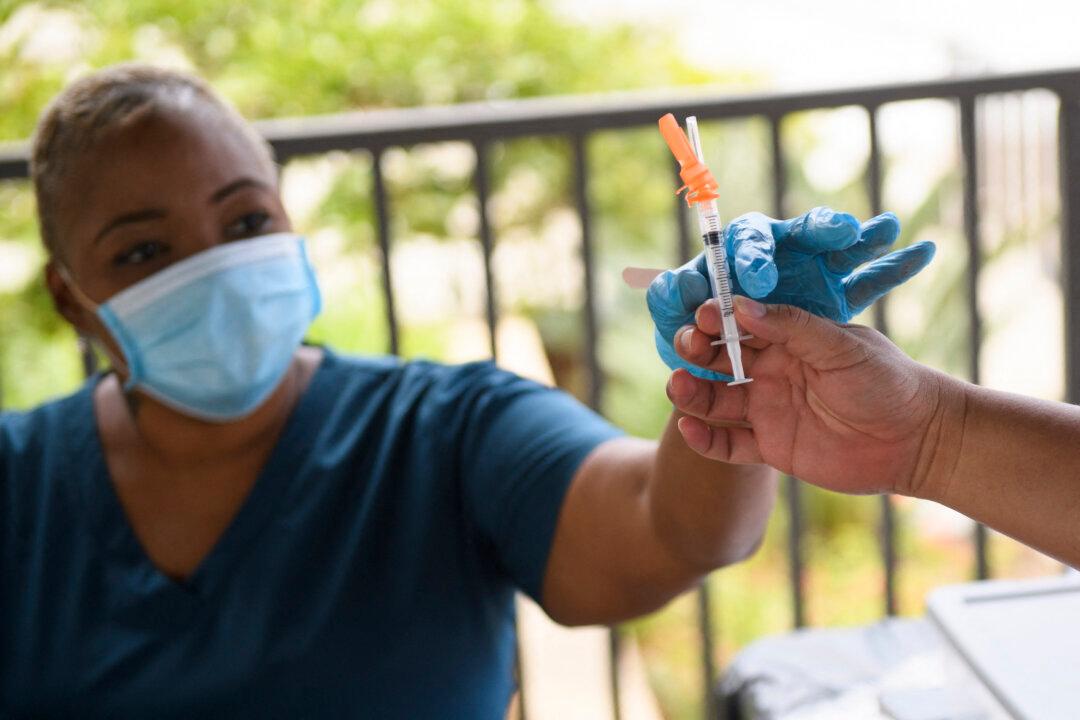Pfizer recently stated that data from Israel and the United States suggests that its COVID-19 vaccine efficacy drops over time and claimed that booster doses are effective at dealing with new virus variants.
Federal health officials announced two weeks ago a target date of Sept. 20 to try to roll out booster shots for the general public, although a recent study from several top scientists at the World Health Organization (WHO) and Food and Drug Administration (FDA) found that the general population doesn’t need a booster dose.






